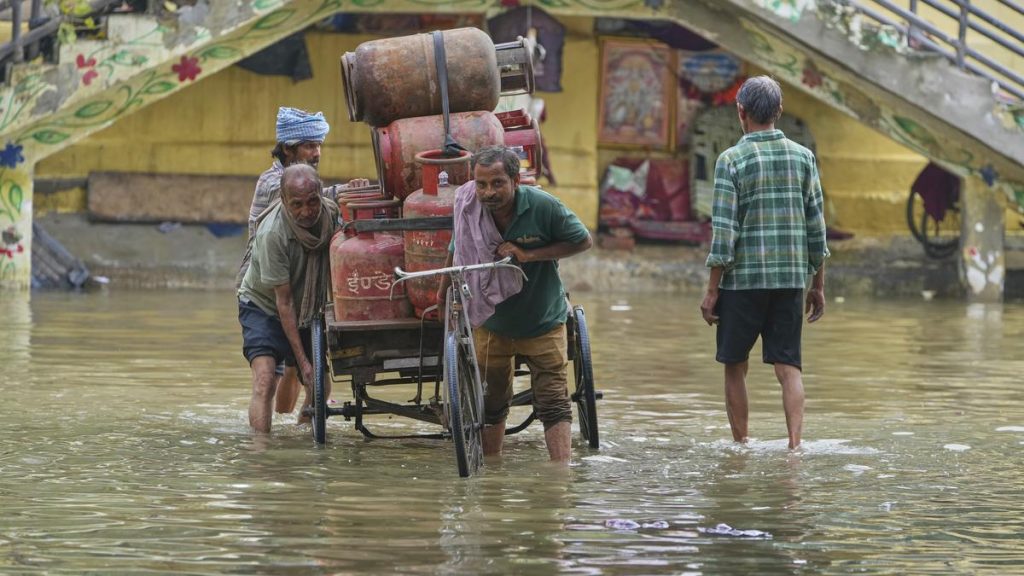Now Reading: Court Directs Police to Enforce Non-Bailable Warrant Against Minister Duraimurugan
-
01
Court Directs Police to Enforce Non-Bailable Warrant Against Minister Duraimurugan
Court Directs Police to Enforce Non-Bailable Warrant Against Minister Duraimurugan
Quick Summary
- A Special Court handling cases against elected representatives has asked the police to serve a warrant on Tamil Nadu Water Resources Minister Duraimurugan in a disproportionate assets case.
- The Directorate of Vigilance and Anti-Corruption (DVAC) filed the case in 2002, accusing Mr. Duraimurugan and his family members-wife D. santhakumari, brother Durai Singaram, son D.M. Kathir anand (an MP for Vellore), and daughter-in-law K. Sangeetha-of amassing ₹3.92 crore in disproportionate assets during 1996-2001 when he was Public works Minister.
- The Chief Judicial magistrate Court discharged them from the case in 2007, but DVAC challenged this ruling through petitions filed at Madras high Court in 2013.
- In April this year, the High Court directed framing of charges against them and ordered daily trials to conclude within six months.
- Following these directives, the Special Court issued non-bailable warrants (NBWs) for Mr. Duraimurugan and his wife; she surrendered on Thursday and had her warrant recalled by submitting a petition.
- The court has instructed police to execute the pending NBW against Mr. Duraimurugan before September 15.
Indian Opinion Analysis
The revival of a decades-old corruption case involving senior DMK leader and Tamil Nadu Water Resources Minister Duraimurugan raises critical questions about accountability among public officials across political spectrums in India. cases like these frequently enough get mired in prolonged litigation that complicates timely resolution or enforcement of justice-a challenge highlighted here by delays spanning over two decades as initial filing.The directive from Madras High Court compelling daily trial proceedings demonstrates judicial determination toward expediting this matter under stringent timelines but also underscores backlog issues within India’s criminal justice system when high-profile individuals are involved.
As India seeks higher transparency standards among its leaders amid increasing scrutiny from citizens, this advancement could set an notable precedent for addressing such cases faster without regard to political stature or party affiliations while safeguarding due process rights equally for all parties involved.

























